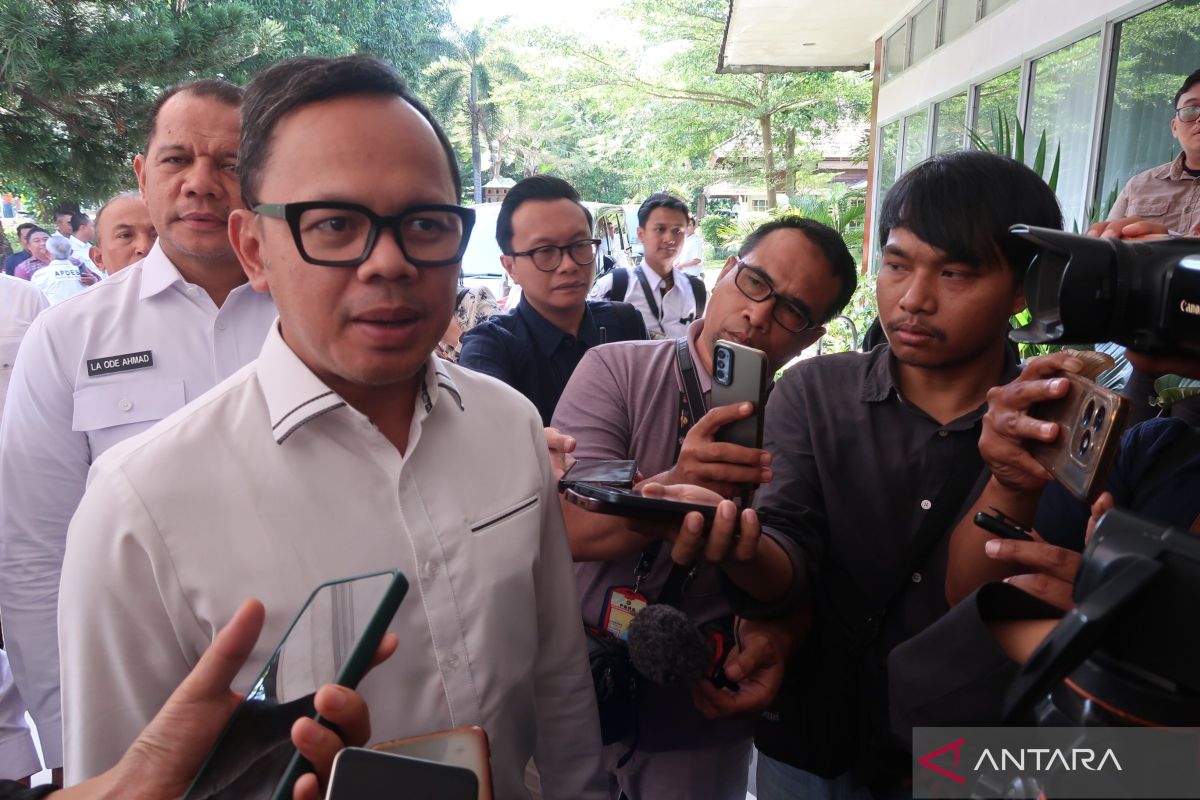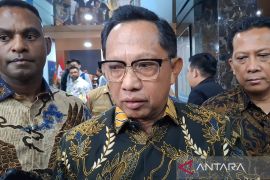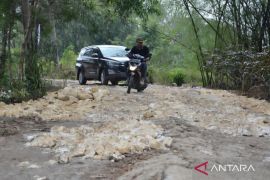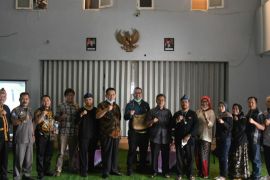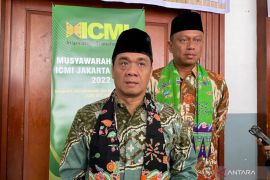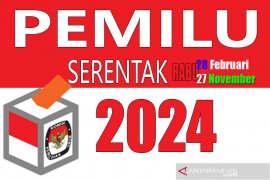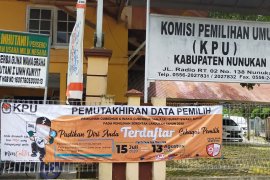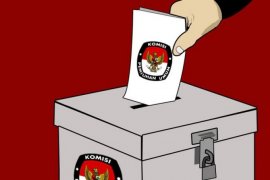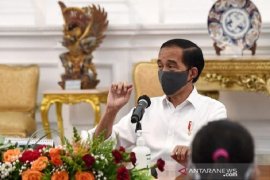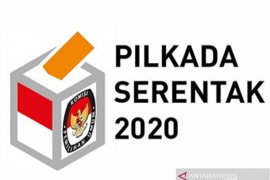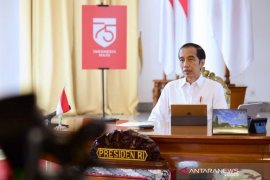“We are still delving deeper into the discourse because it is important to study all related aspects,” he added during an official visit to Mataram city, West Nusa Tenggara (NTB) province, on Saturday.
While not openly endorsing the idea, he noted that indirect elections at the regional level could help make governance more efficient and effective.
He said that the suggestion deserves serious consideration by state institutions, notably the Home Affairs Ministry, the National Development Planning Ministry, the Coordinating Ministry for Political and Security Affairs, and the House of Representatives (DPR).
He further said that the 1945 Constitution stipulates that regional leaders should be elected democratically, with no mention of direct or indirect elections.
“Regional heads cannot be appointed unilaterally—they must be elected democratically. This notion leads to two possible interpretations: indirect elections through DPRDs or direct elections,” he pointed out.
The discourse on switching to indirect regional elections resurfaced after President Prabowo Subianto raised it on December 12 last year during a commemorative event marking the Golkar Party’s 60th anniversary.
“I observe that our neighboring countries have adopted more efficient local election systems. In Malaysia, Singapore, and India, people elect members of local representative councils, who then choose regional heads. Unlike our system, this method is more efficient and less costly,” he said.
The following day, Law Minister Supratman Andi Agtas said that the idea of shifting to an indirect regional head election system was worth considering.
“Note that the 1945 Constitution and the General Election Law only require the election of regional heads to be democratic. A democratic election is not necessarily a direct one,” he added.
Related news: KPU welcomes election gap ruling for system reform
Related news: Government to study MK's two-year election gap ruling
Related news: Local poll candidates must adhere to campaigning schedule: Bawaslu
Translator: Sugiharto P, Tegar Nurfitra
Editor: Azis Kurmala
Copyright © ANTARA 2025
